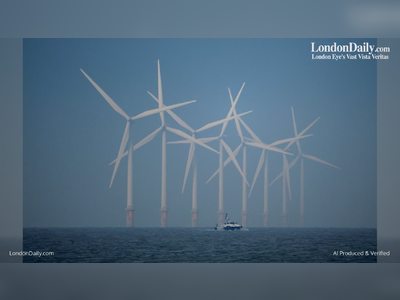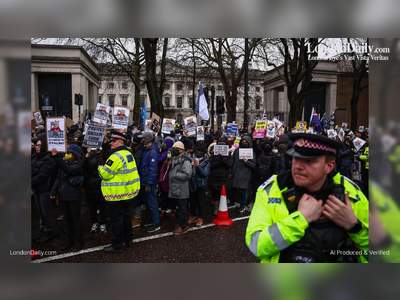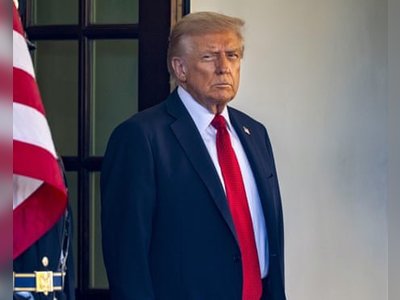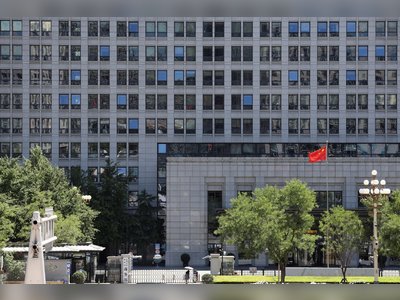UK Seeks Steel Alliance with EU and US to Counter China’s Over-Capacity
London proposes a Western ‘steel club’ to align tariff policies and protect domestic industry from China-driven flood of exports
The United Kingdom is reportedly advancing talks with the European Union and the United States to form a coordinated alliance aimed at addressing China’s dominant role in global steel supply.
Sources familiar with discussions say the UK is seeking to align tariff policies within a “steel club” framework, offering preferential steel trade treatment among members and shielding participants from external tariff measures.
Britain comes under heightened pressure as Brussels prepares to impose a 50 per cent duty on excess steel imports — a measure aimed principally at China’s over-capacity — and UK exporters, more than half of which rely on EU markets, stand to be deeply exposed.
London hopes that membership in a bloc with the EU and Washington could secure carve-outs or quota protections for itself under the new regime.
EU and UK collaboration already extends to carbon border measures, with both parties working on synchronising import levies for steel and high-emission products.
Washington has publicly encouraged transatlantic coordination, with U.S. Trade Representative Jamieson Greer arguing that existing global trade rules are inadequate to tackle the scale of excess capacity roles such as China’s.
The UK government says it is “continuing its engagement with the EU following their recent announcement” while working “with international partners on solutions which can address wider over-capacity.” Industry representatives emphasise that a formal club could help stem flooding of subsidised steel shipments and maintain fair prices for UK producers.
Analysts note, however, that for such a Western alliance to succeed it must bridge divergent regulatory regimes and offer mechanisms to manage both domestic protection and global trade commitments.
Whether London can secure a special status within the forthcoming EU regime remains the next pivotal test for its post-Brexit trade strategy.
Sources familiar with discussions say the UK is seeking to align tariff policies within a “steel club” framework, offering preferential steel trade treatment among members and shielding participants from external tariff measures.
Britain comes under heightened pressure as Brussels prepares to impose a 50 per cent duty on excess steel imports — a measure aimed principally at China’s over-capacity — and UK exporters, more than half of which rely on EU markets, stand to be deeply exposed.
London hopes that membership in a bloc with the EU and Washington could secure carve-outs or quota protections for itself under the new regime.
EU and UK collaboration already extends to carbon border measures, with both parties working on synchronising import levies for steel and high-emission products.
Washington has publicly encouraged transatlantic coordination, with U.S. Trade Representative Jamieson Greer arguing that existing global trade rules are inadequate to tackle the scale of excess capacity roles such as China’s.
The UK government says it is “continuing its engagement with the EU following their recent announcement” while working “with international partners on solutions which can address wider over-capacity.” Industry representatives emphasise that a formal club could help stem flooding of subsidised steel shipments and maintain fair prices for UK producers.
Analysts note, however, that for such a Western alliance to succeed it must bridge divergent regulatory regimes and offer mechanisms to manage both domestic protection and global trade commitments.
Whether London can secure a special status within the forthcoming EU regime remains the next pivotal test for its post-Brexit trade strategy.









